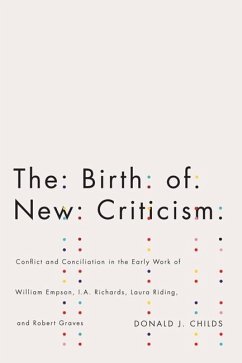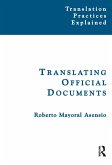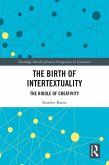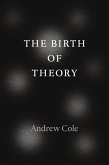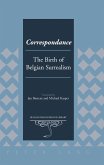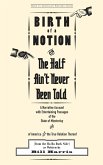Amid competing claims about who first developed the theories and practices that became known as New Criticism - the critical method that rose alongside Modernism - literary historians have generally given the lion's share of credit to William Empson and I.A. Richards. In The Birth of New Criticism Donald Childs challenges this consensus and provides a new and authoritative narrative of the movement's origins. At the centre stand Robert Graves and Laura Riding, two poet-critics who have been written out of the history of New Criticism. Childs brings to light the long-forgotten early criticism of Graves to detail the ways in which his interpretive methods and ideas evolved into the practice of "e;close reading,"e; demonstrating that Graves played such a fundamental part in forming both Empson's and Richards's critical thinking that the story of twentieth-century literary criticism must be re-evaluated and re-told. Childs also examines the important influence that Riding's work had on Graves, Empson, and Richards, establishing the importance of this long-neglected thinker and critic. A provocative and cogently argued work, The Birth of New Criticism is both an important intellectual history of the movement and a sharply observed account of the cultural politics of its beginnings and legacy.
Dieser Download kann aus rechtlichen Gründen nur mit Rechnungsadresse in A, B, BG, CY, CZ, D, DK, EW, E, FIN, F, GR, HR, H, IRL, I, LT, L, LR, M, NL, PL, P, R, S, SLO, SK ausgeliefert werden.

